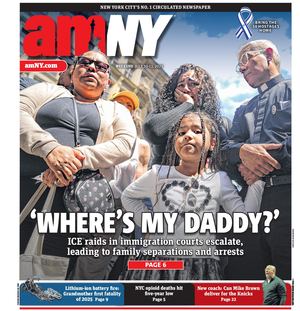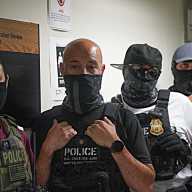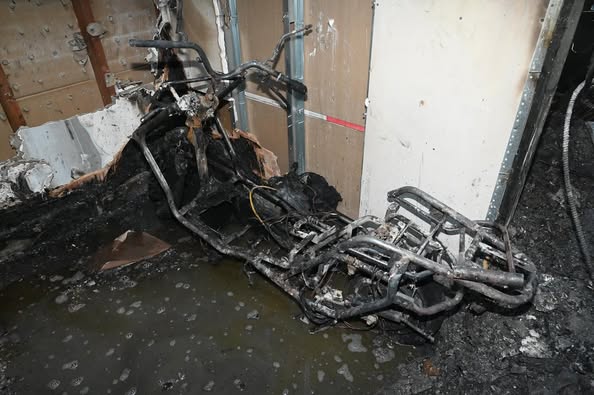As we marked the anniversary last week of that horrible Tuesday six years ago, we couldn’t help but notice that Sept. 11 is becoming more like another day in the calendar. It will never be “just” another day to us and most others who remember it so vividly — certainly not for those who lost family members, loved ones and dear friends on that fateful day. But more and more, many of us find we are able to move on mentally and emotionally, and that the devastating shock and grief from 9/11 are fading somewhat.
For us, the anniversary is a time to reflect on where the day has taken us. The attack will always be seen as a turning point for our country and our neighborhood. Its meaning was manipulated by the Bush administration to get us into a disastrous war based on false pretenses. We passed a grim milestone over the last year — more U.S. soldiers have now been killed in Iraq than the number of people killed on 9/11. Many times more innocent Iraqis have been killed and displaced in the effort to “liberate” them.
Even Bush’s own intelligence agencies admitted a few weeks ago that we are no safer from al Qaeda than we were six years ago. His actions have led to the creation of a brand-new terrorist organization, al Qaeda of Iraq. After four years of trying to train Iraqis to police themselves and to reach political consensus, the country is splitting apart and is ruled by religious militias. It’s no accident the administration scheduled widely anticipated congressional hearings on Iraq on Sept. 11, and we fear once again, the Democrats are acquiescing in the face of this obvious manipulation.
Life and death questions related to Sept. 11 also remain in Lower Manhattan. The tragic deaths of two firefighters last month at a building damaged by the collapsing Twin Towers are the focus of many of these questions. Government indifference put those men’s lives at risk unnecessarily, and there continues to be a disturbing unwillingness of many to take responsibility.
The future health of some of those who worked cleaning up the W.T.C. and those who lived, worked and studied near the site is uncertain. We were pleased to see House Speaker Nancy Pelosi in Lower Manhattan last week announcing her support for a bill to provide health coverage to those affected by the attack. We hope and expect that New York’s mostly Democratic congressional delegation will now be able to get this important legislation passed, and perhaps even Bush can be persuaded to sign a bill whose beneficiaries include uniformed officers who sacrificed their health responding to the attack. We’d like to think so.
That awful day, and the weeks and months afterward, were also filled with countless acts of kindness and heroism — a fact that gives us hope as we confront the day’s aftermath in the years to come.





































